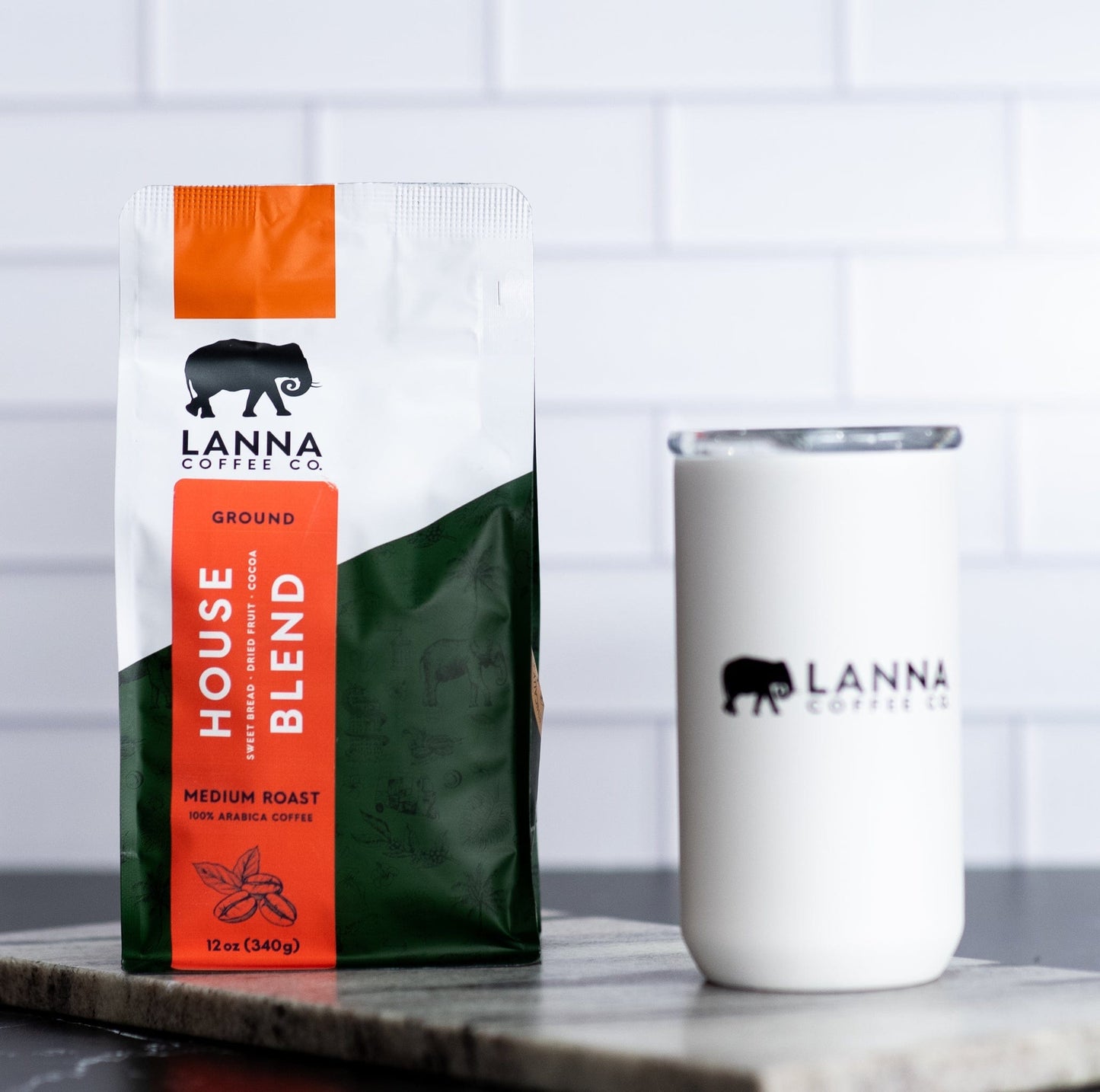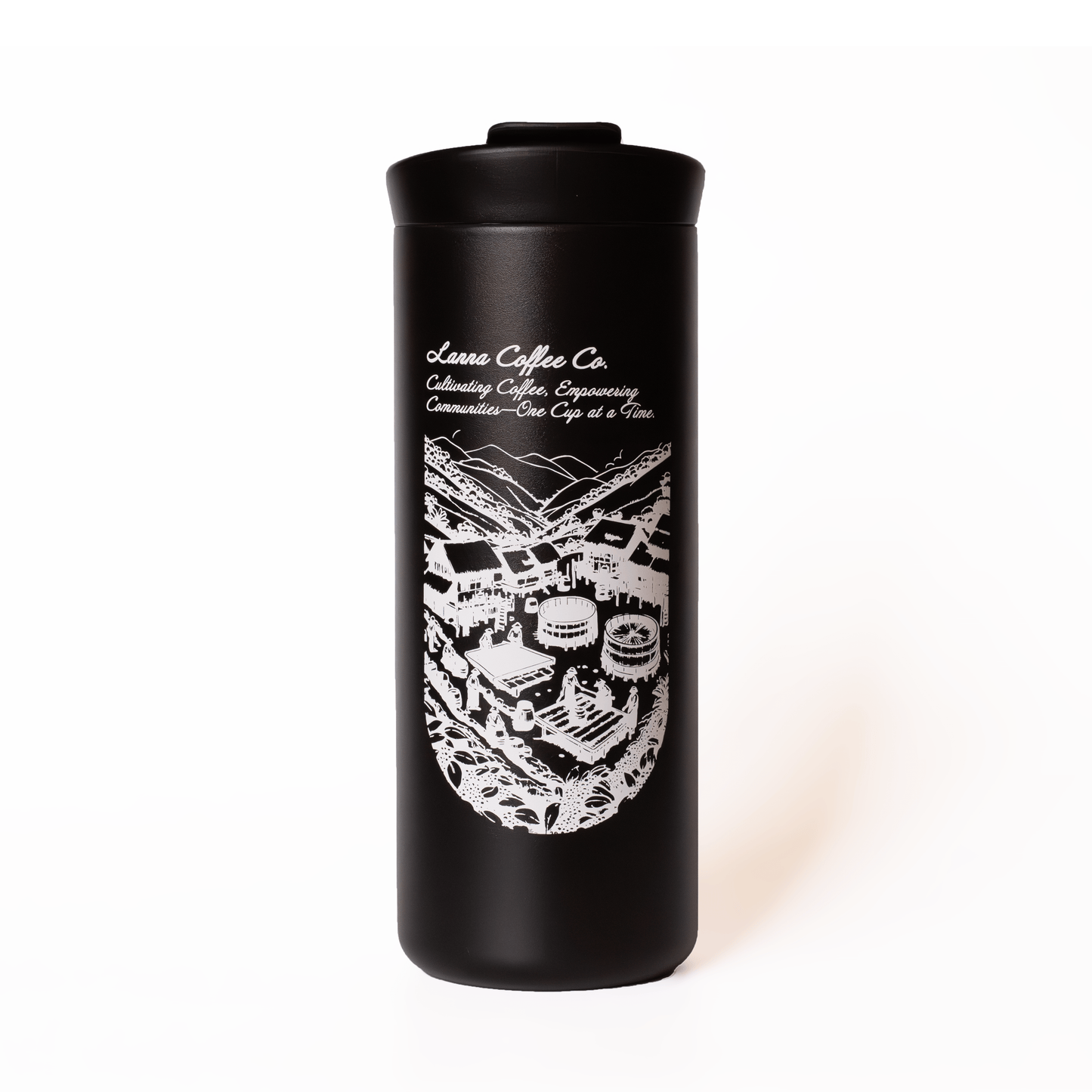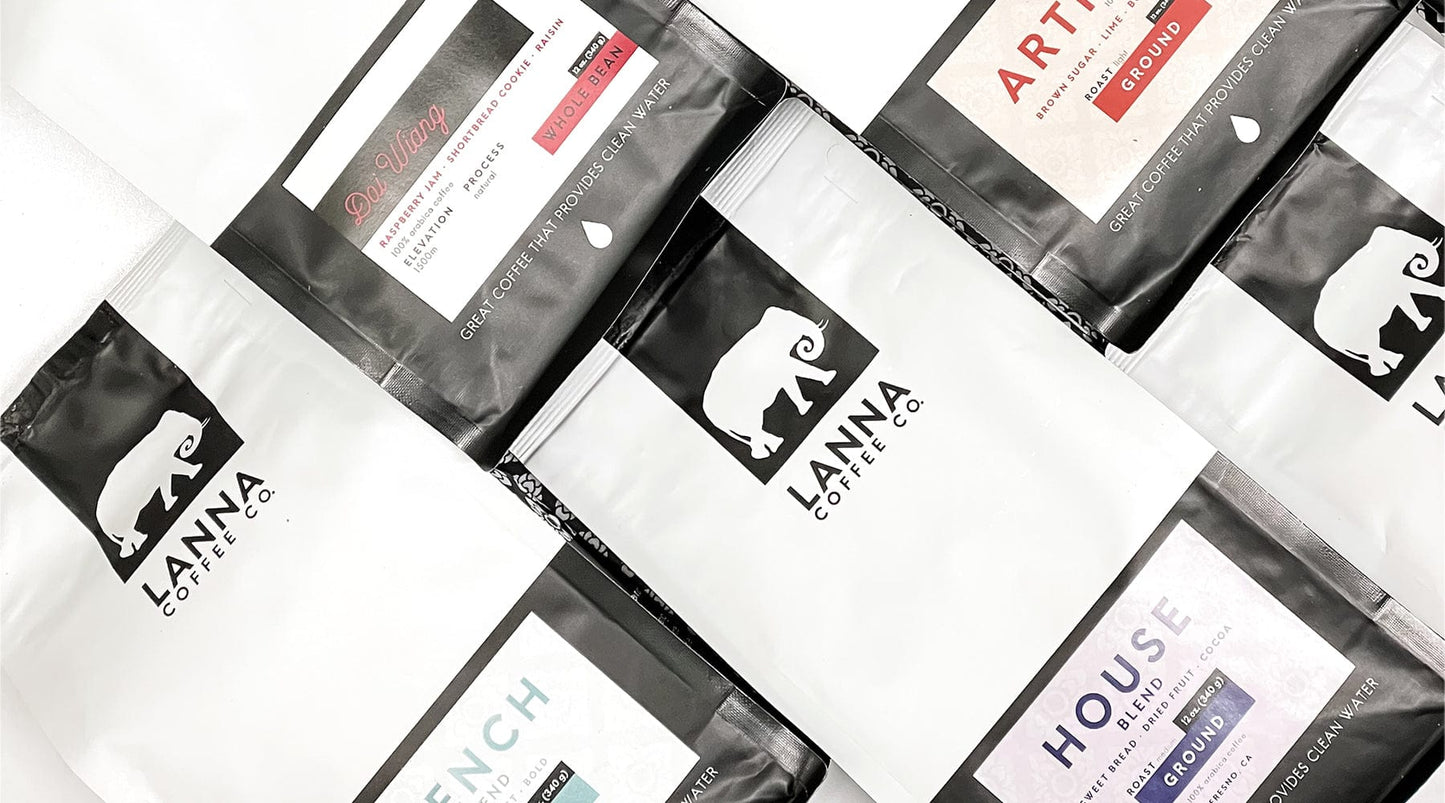Invest in a quality coffee grinder and grind only the amount of coffee you need for each brew. Pre-ground coffee tends to lose its freshness and flavor faster. By grinding your beans just before brewing, you reduce waste and ensure that every cup is as flavorful as possible.
Mindful Water Usage
Conserving water is an integral part of sustainable living, and this principle extends to your coffee routine. Instead of leaving the tap running while waiting for your water to boil or brewing, measure the water you need precisely. Additionally, consider collecting and reusing water for plants or other household needs.
Reusable Filters and Alternatives
Traditional paper coffee filters contribute to daily waste. Opt for reusable filters made from stainless steel or mesh. These filters not only reduce your environmental impact but also allow the natural oils from the coffee to pass through, enhancing the flavor and richness of your brew.
Eco-Friendly Brewing Methods
Explore brewing methods that are known for their eco-friendliness. For example, the French press and pour-over methods require minimal equipment and result in little to no waste. These methods also allow for more control over the brewing process, letting you savor the nuanced flavors of your chosen beans.
Composting Coffee Grounds
After brewing, don't discard your coffee grounds straight into the trash. Coffee grounds are rich in nutrients and can be an excellent addition to your compost bin. They contribute to soil health and are a sustainable way to dispose of used grounds.
Invest in a Quality, Durable Brewer
When choosing a coffee maker, prioritize durability and longevity. Single-use machines contribute to electronic waste, so consider investing in a high-quality drip brewer or espresso machine that is built to last. Quality machines often have replacement parts available, reducing the need for full replacements.
Upcycled Coffee Crafts
Get creative with your used coffee grounds. They can be repurposed into various crafts, such as homemade exfoliating scrubs, natural dyes, or even odor absorbers. Finding alternative uses for coffee grounds extends their lifespan before being discarded.
Energy-Efficient Brewing
Be mindful of the energy your coffee maker consumes. If you have a traditional drip coffee maker, consider turning it off immediately after brewing to save energy. Alternatively, explore manual brewing methods like pour-over or French press, which don't rely on electricity.
Support Local and Sustainable Roasters
Beyond the brewing process, support local roasters who prioritize sustainability in their sourcing and roasting practices. By choosing coffee from ethical and sustainable roasters, you contribute to the broader movement for a greener coffee industry.
In conclusion, making your coffee routine more sustainable doesn't have to be complex or time-consuming. With a few mindful choices, you can reduce waste, conserve resources, and enjoy your favorite cup of coffee with the satisfaction of knowing you're contributing to a more sustainable future—one brew at a time.



